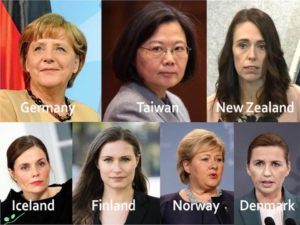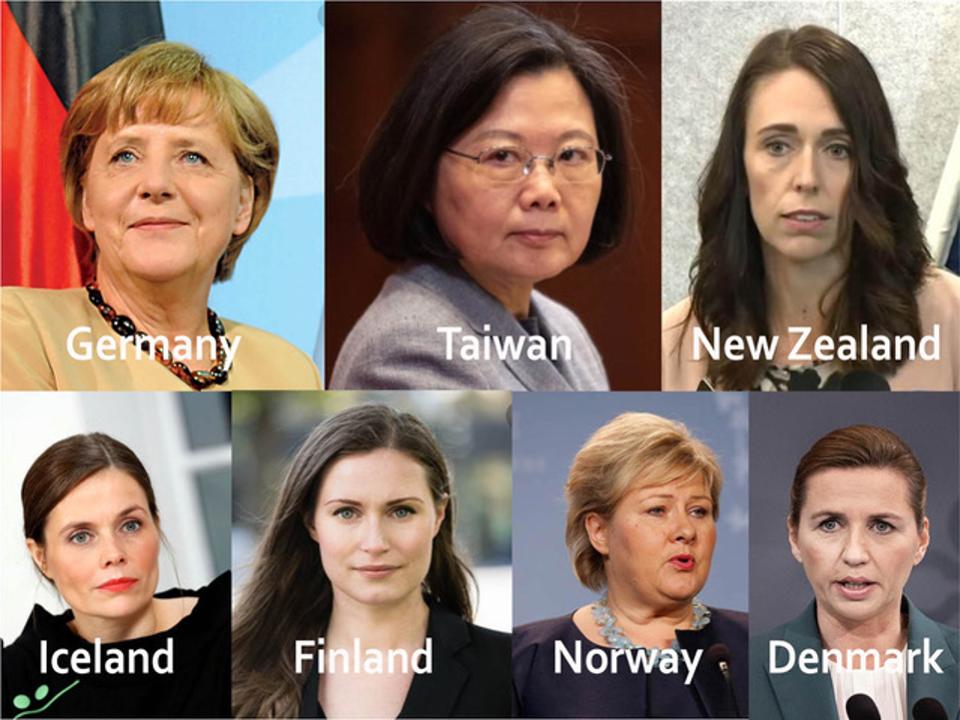WOMEN IN POLITICS

The need to increase the participation of women in governance remains a priority. This is as contained in the Sustainable Development Goal No 5.5, to “ensure women’s full and effective participation and equal opportunities for leadership at all levels of decision-making in political, economic and public life.”
There are already a number of internationally agreed norms and standards that reinforce the need for women’s leadership and political participation, such as the 1990 Beijing Platform for Action, the 2003 and 2011 United Nations General Assembly resolutions on women’s political participation and the Convention on the Elimination of All Forms of Discrimination against Women. The Western and civilized world has higher adherence to this clarion call and mostly reaping its benefits.
The prevailing coronavirus pandemic ravaging the world has received the World best rapid and commendable response from six countries led by female leaders. Remember the infamous, illogical notion of women and politics not mixing together? Well, it’s time to throw that notion out of the window. Germany, New Zealand, Belgium, Finland, Denmark, and Iceland have had one of the more successful responses to the COVID-19 pandemic. All of these countries managed to flatten the curve, thanks to proactive decision-making.
Nigeria, even with the affirmative action of 35% representation of women in political and non-elective positions, the number of women in the legislative houses is not encouraging as a result of the patriarchal dominance of the men. In the elective positions in Nigeria since 1999, it is evident that women have not attained 10% representation. From 1999 till date, no woman has been vice president of Nigeria and not to talk about the president. In 2011, only one woman contested for the post of the president in Nigeria under the platform of the Peoples Democratic Party and she did not survive the primary election.
Out of the 109 sits in the Nigerian senate, women were 7 in 1999, 4 in 2003, 9 in 2007, 7 in 2011 and 7 in 2015. In the house of representative, out of the 360 members of the house in 1999, 7 were women, while in 2003 21 were women, 27 in 2007, 25 in 2011 and 14 in 2015. No female governor since 1999 till date apart from when the governor of Anambra State, Peter Obi was removed from office for one month and as soon as he won his case through the courts, she stepped down to her deputy position.
As leaders around the globe set the path to transforming the world through sustainable development, let’s take a leaf from these countries with their success stories and not miss the opportunity to put women at the centre of affairs. When we have this kind of system in our governance process, women can make concrete and informed decisions.


